1. Kāyānupassanā:
The Observation of Body
1.5 Dhātumanasikāra Pabbaṁ: Reflections on the Elements
Puna ca paraṁ bhikkhave, bhikkhu / imameva kāyaṁ yathā ṭhitaṁ yathā paṇihitaṁ,/ dhātuso paccavekkhati:/ atthi imasmiṁ kāye / paṭhavī dhātu, āpo dhātu, tejodhātu, vāyo dhātū ti./
“Again, monks, a monk reflects upon this body, • however it is placed, however positioned, • as consisting of elements thus: • ‘In this body there are the earth element, the water element, • the fire element, and the air element.’
Seyyathāpi bhikkhave dakkho goghātako vā goghātakantevāsī vā / gāviṁ vadhitvā cātummahāpathe khīlaso pativibhajitvā nisinno assa./
“Just as though a skilled butcher or his apprentice had killed a cow, • and was seated at the crossroads with it cut into pieces;
Evameva kho bhikkhave bhikkhu / imameva kāyaṁ yathā ṭhitaṁ yathā paṇihitaṁ / dhātuso paccavekkhati:/ atthi imasmiṁ kāye paṭhavī dhātu,/ āpo dhātu, tejo dhātu, vāyo dhātū ti./
So too, monks, a monk reflects upon this very body, • however it is placed, however positioned, • as consisting of elements thus: • ‘In this body there are the earth element, the water element, • the fire element, and the air element.’
Iti ajjhattaṁ vā kāye kāyānupassī viharati./ Bahiddhā vā kāye kāyānupassī viharati./ Ajjhatta bahiddhā vā kāye kāyānupassī viharati./
“In this way he dwells contemplating his own body, • he dwells contemplating on others’ bodies, • and he dwells contemplating both his and others’ bodies.
Samudaya dhammānupassī vā kāyasmiṁ viharati./ Vaya dhammānupassī vā kāyasmiṁ viharati./ Samudaya vaya dhammānupassī vā kāyasmiṁ viharati./
“He dwells contemplating the arising of the body, • he dwells contemplating the passing away of the body, • and he dwells contemplating the arising and passing away of the body.
Atthi kāyo’ti vā panassa sati paccupaṭṭhitā hoti./ Yāvadeva ñāṇamattāya, patissatimattāya,/ anissito ca viharati./ Na ca kiñci loke upādiyati./
“Mindfulness, that there is a body • is simply established in him • to the extent necessary for higher knowledge and mindfulness. He dwells independent, and not clinging to anything in the world.
Evampi kho bhikkhave bhikkhu / kāye kāyānupassī viharati./
That is how monks, a monk dwells contemplating the body in body.
- Uddeso: Introduction
- 1. Kāyānupassanā: The Observation of Body
- 1.1 Ānāpāna Pabbaṁ: Section on Breathing
- 1.2. Iriyāpatha Pabbaṁ: Section on Postures
- 1.3 Sampajañña Pabbaṁ: Section on Clear Comprehension
- 1.4 Paṭikūlamanasikāra Pabbaṁ: Section on Repulsiveness
- 1.5 Dhātumanasikāra Pabbaṁ: Reflections on the Elements
- 1.6 Navasīvathika Pabbaṁ: Nine Charnel-Ground Contemplations
- 2. Vedanānupassanā: Contemplation of Feeling
- 3. Cittānupassanā: Contemplation of Mind
- 4. Dhammānupassanā: Contemplation of Phenomena
- 4.1 Nīvaraṇa Pabbaṁ: Section on the Hindrances
- 4.2 Khandha Pabbaṁ: Section on the Aggregates
- 4.3 Āyatana Pabbaṁ: Section on the Sense Bases
- 4.4 Bojjhanga Pabbaṁ: Section on the Factors of Enlightenment
- 4.5 Sacca Pabbaṁ: Section on the Four Noble Truths
- Satipaṭṭhāna Bhāvanānisaṁso: The Results of the Establishing of Mindfulness
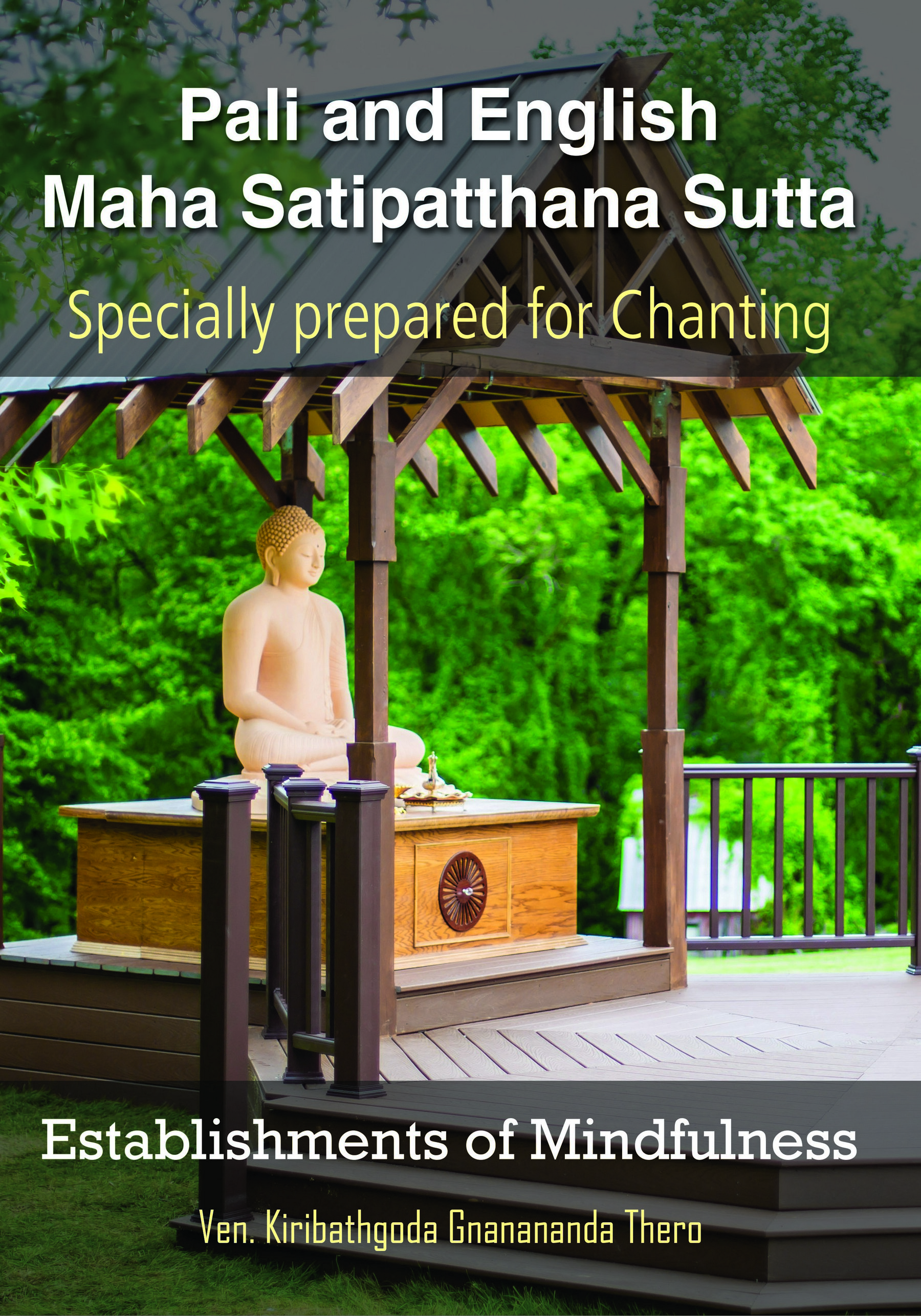
Learn how to purchase on the main book page.


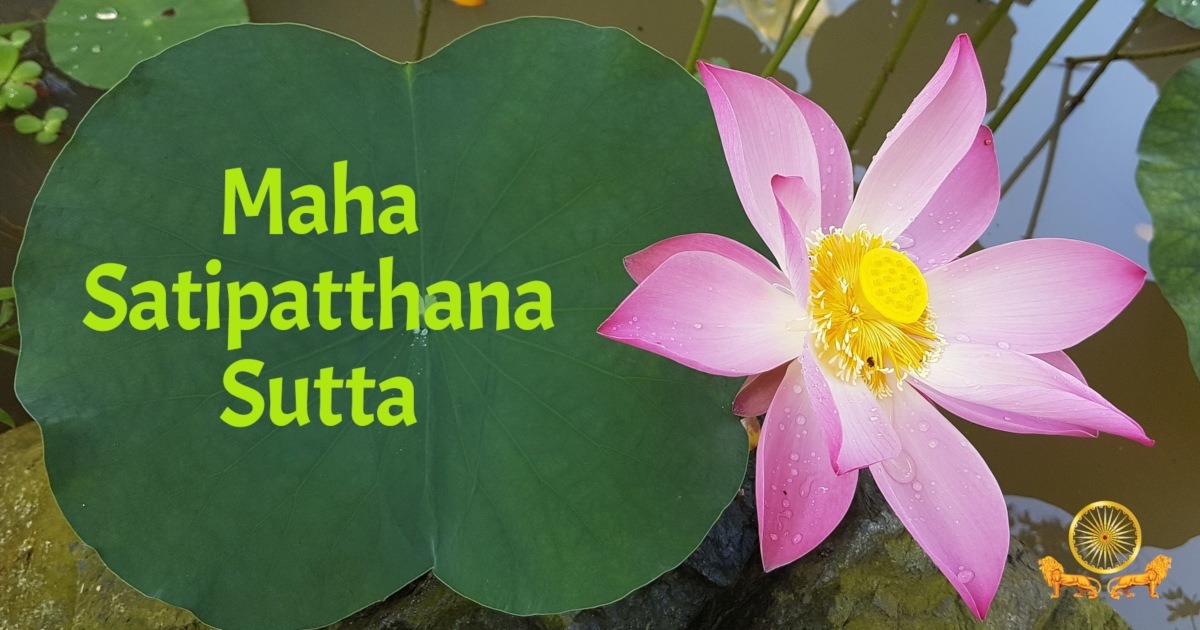
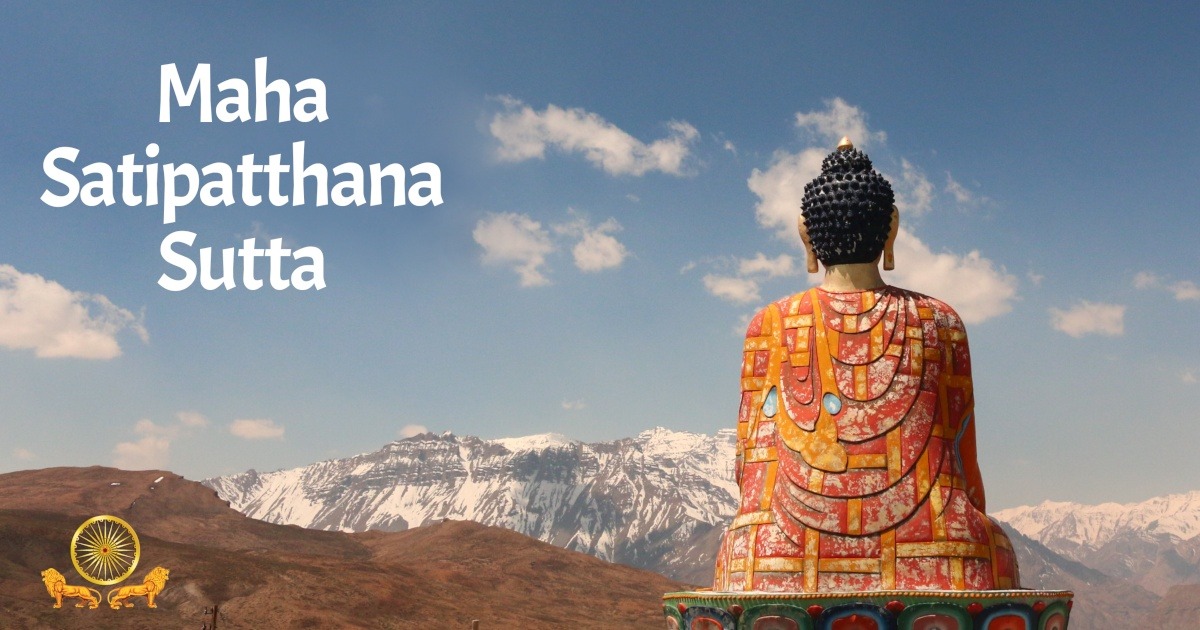
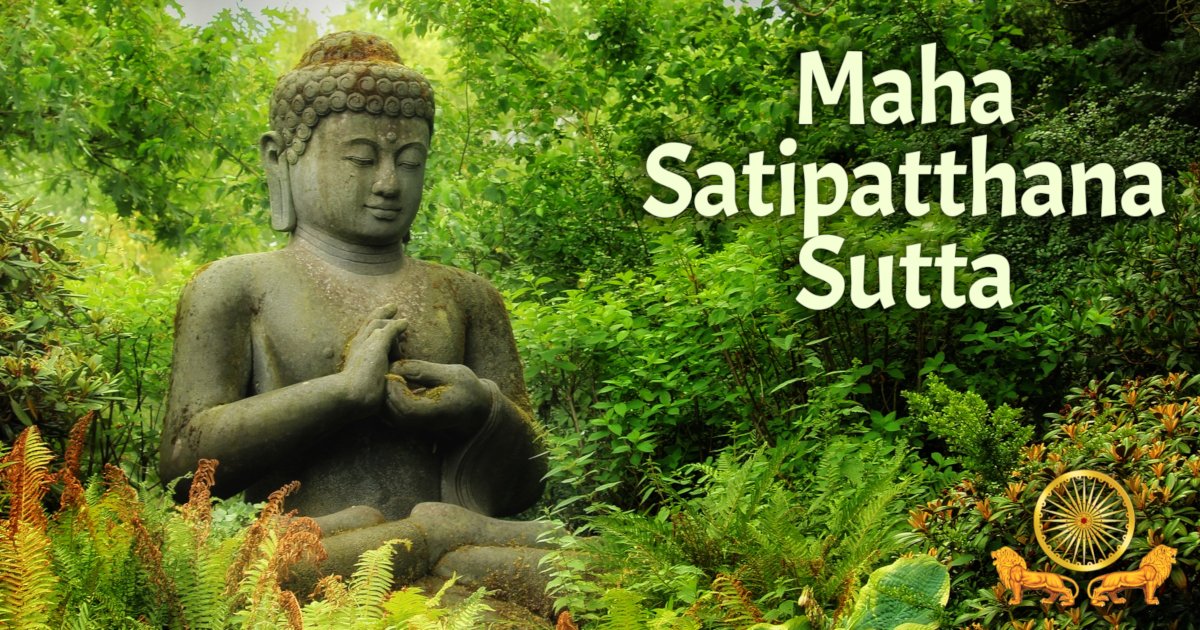
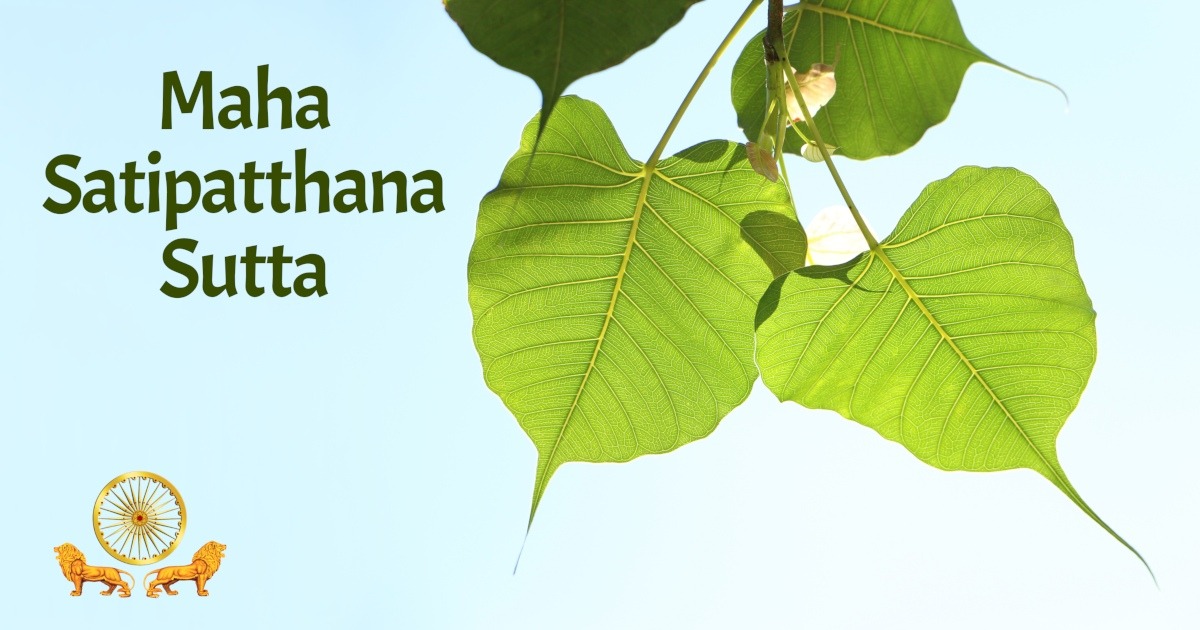
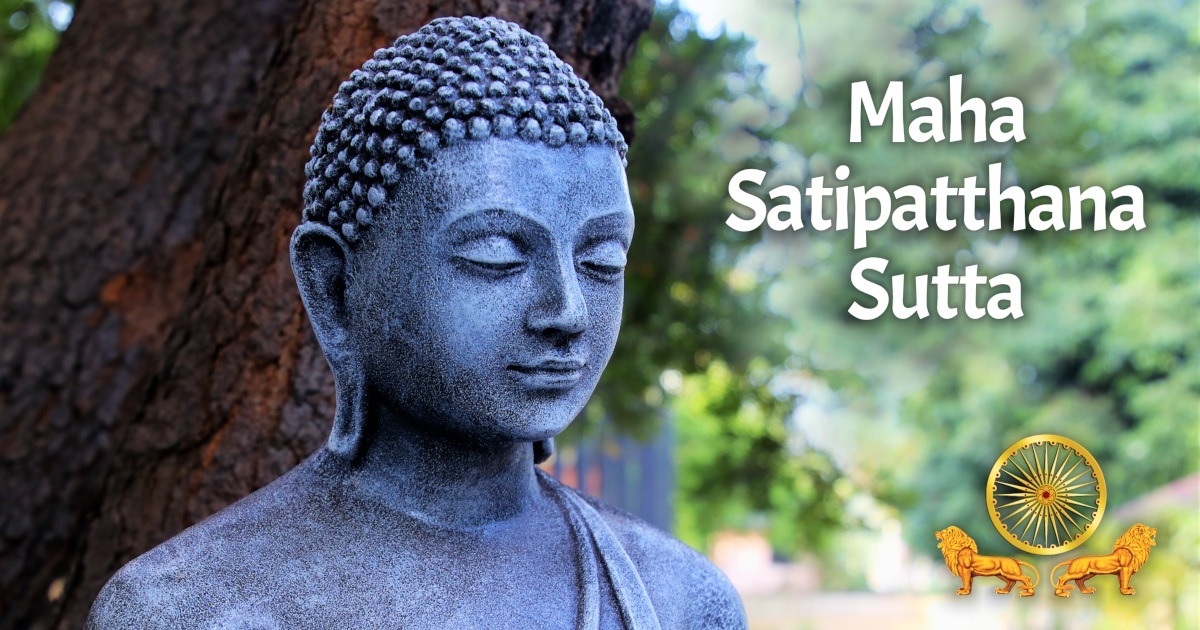
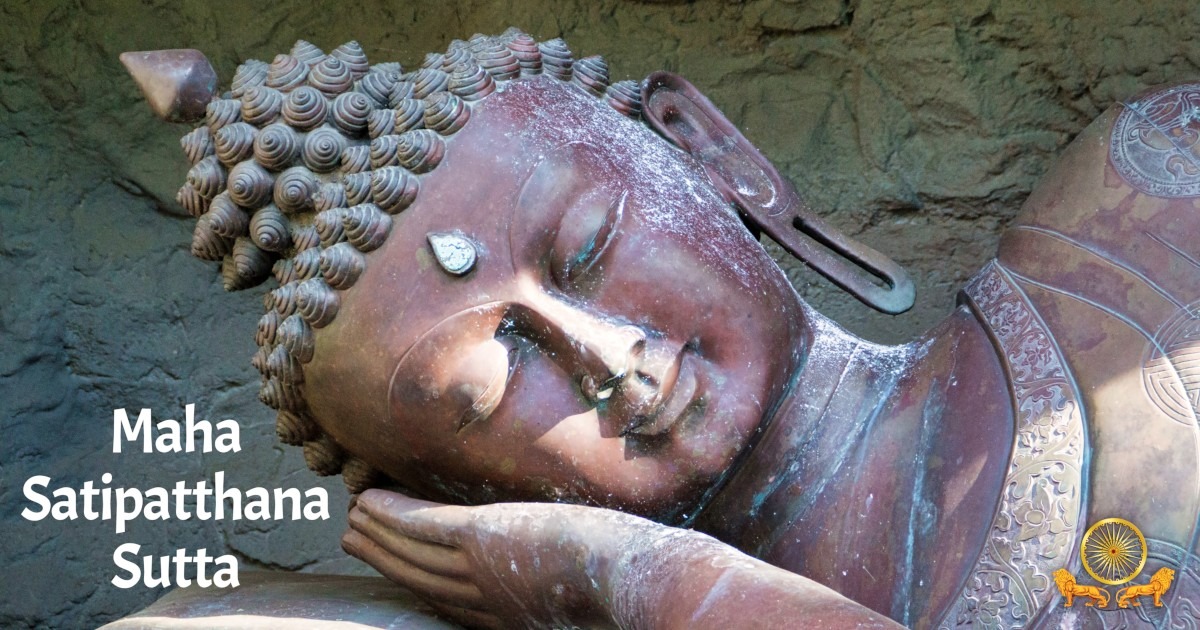
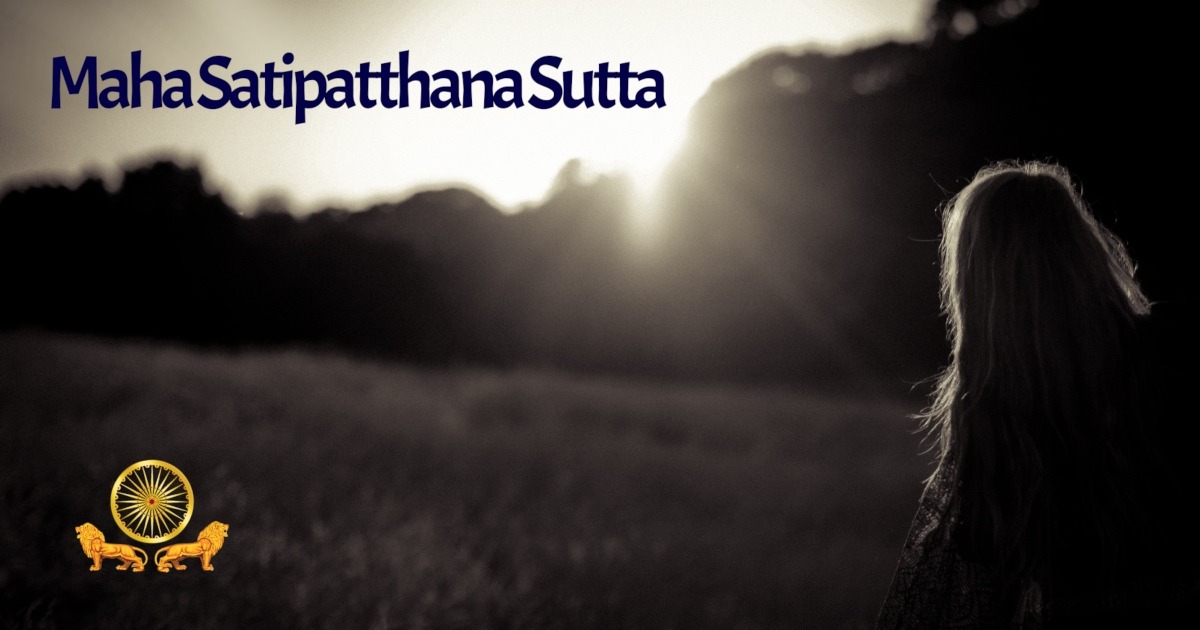
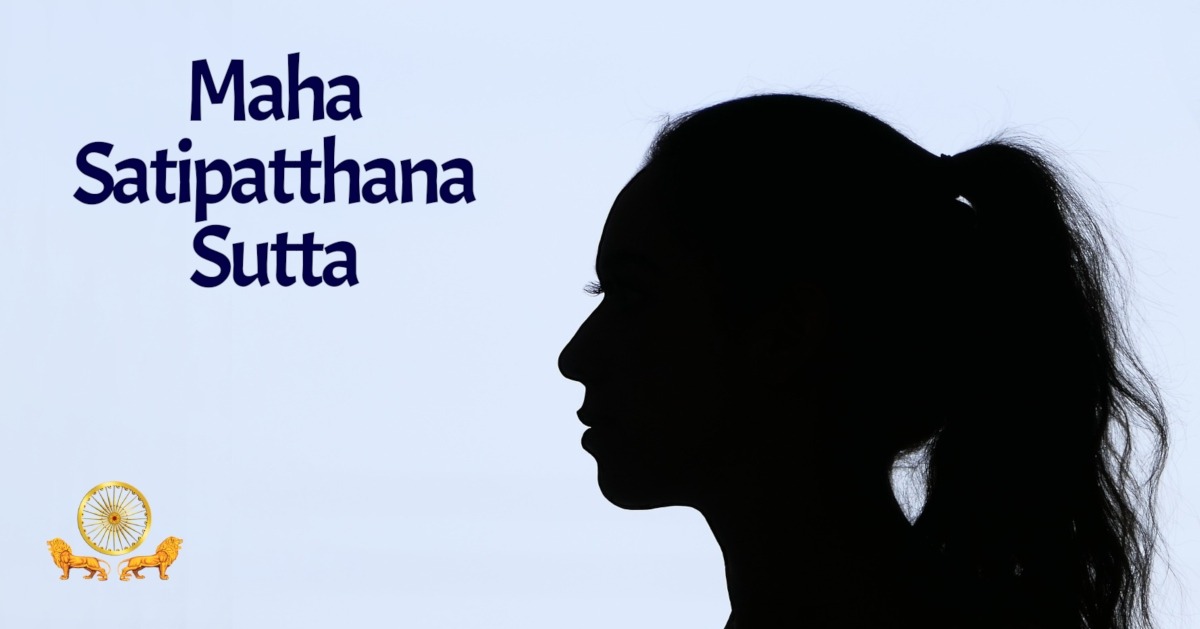
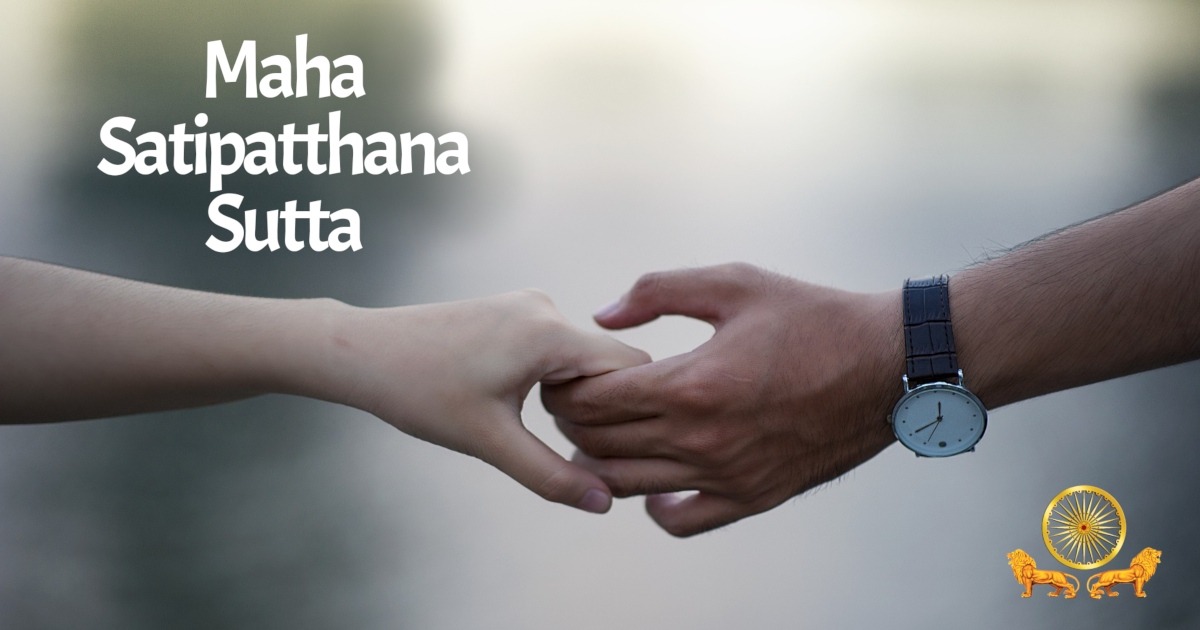
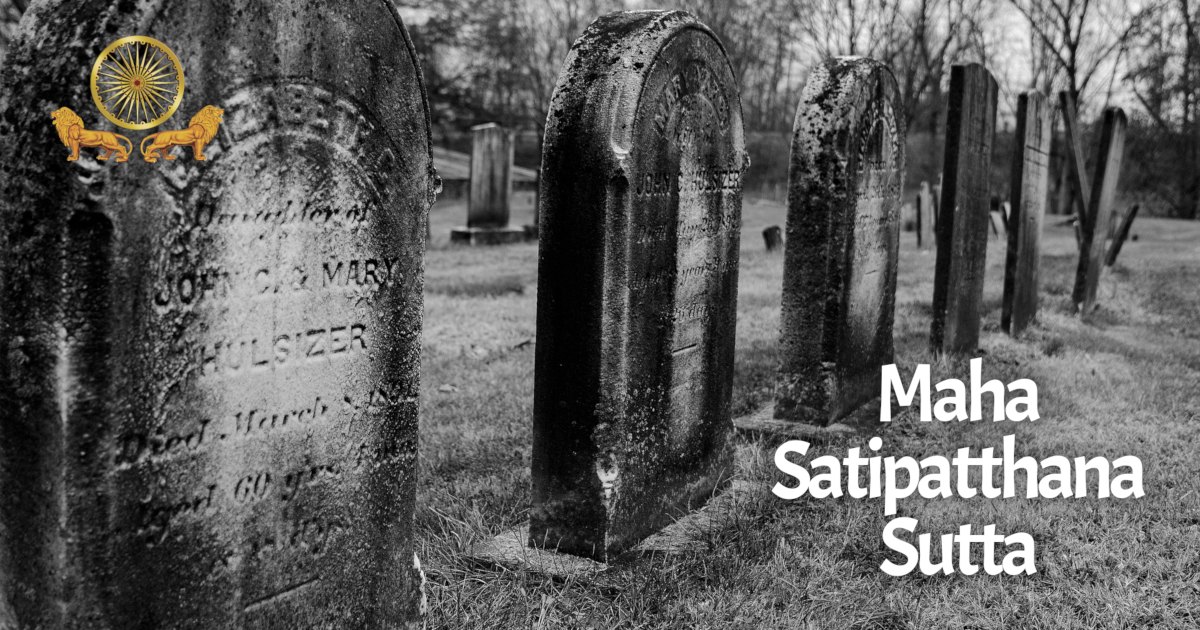
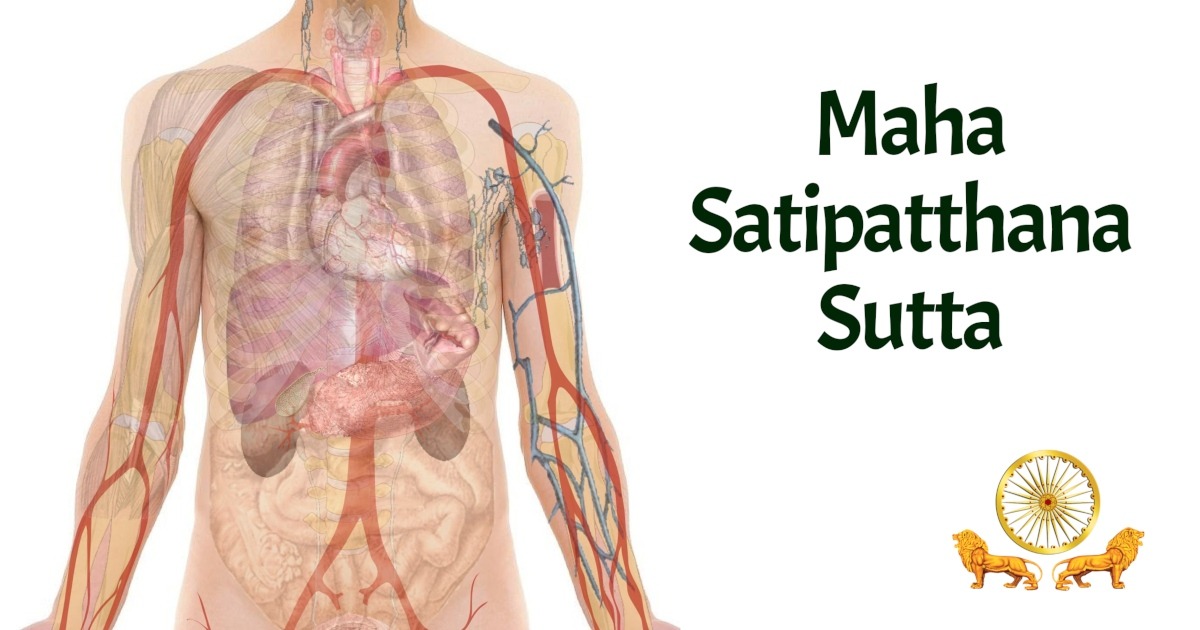
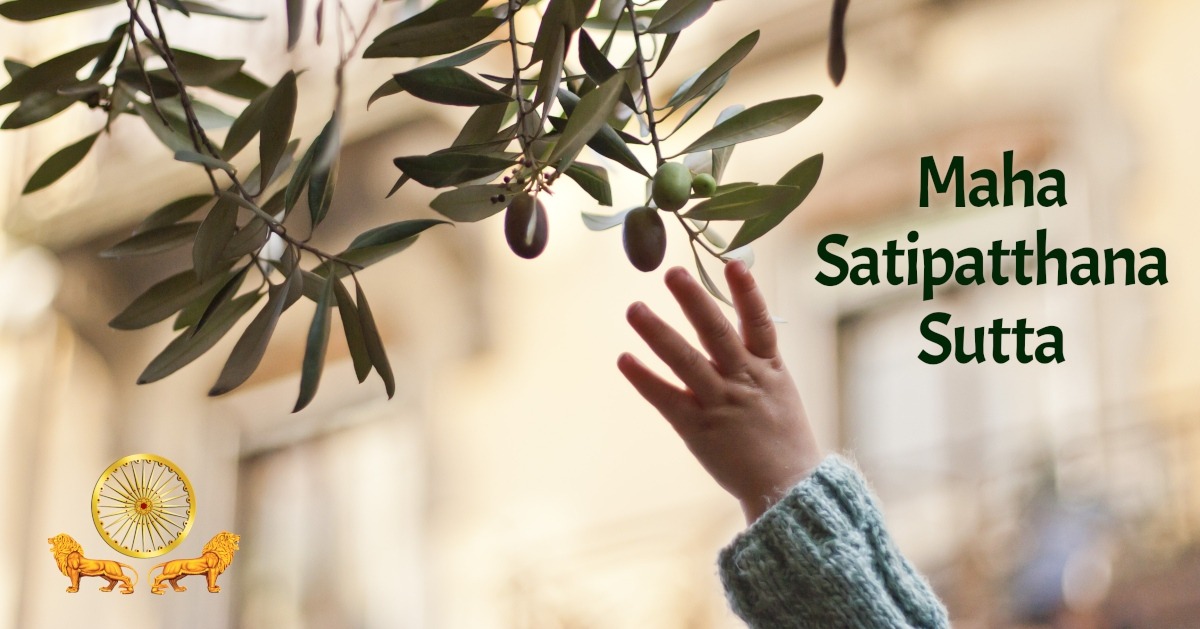

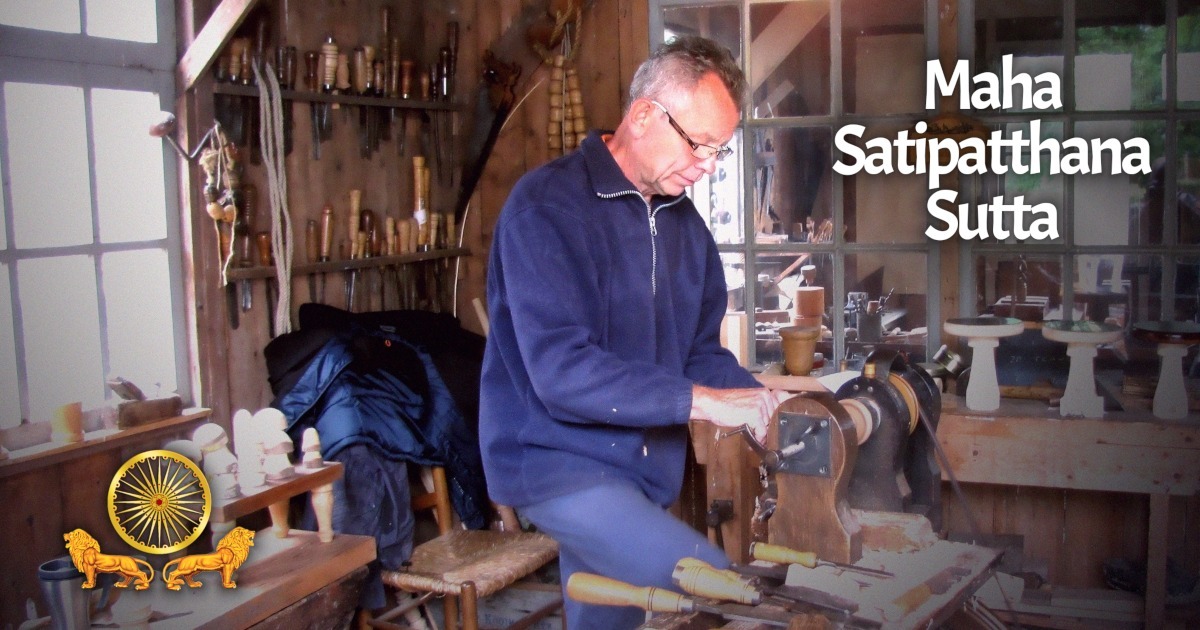




Leave A Comment